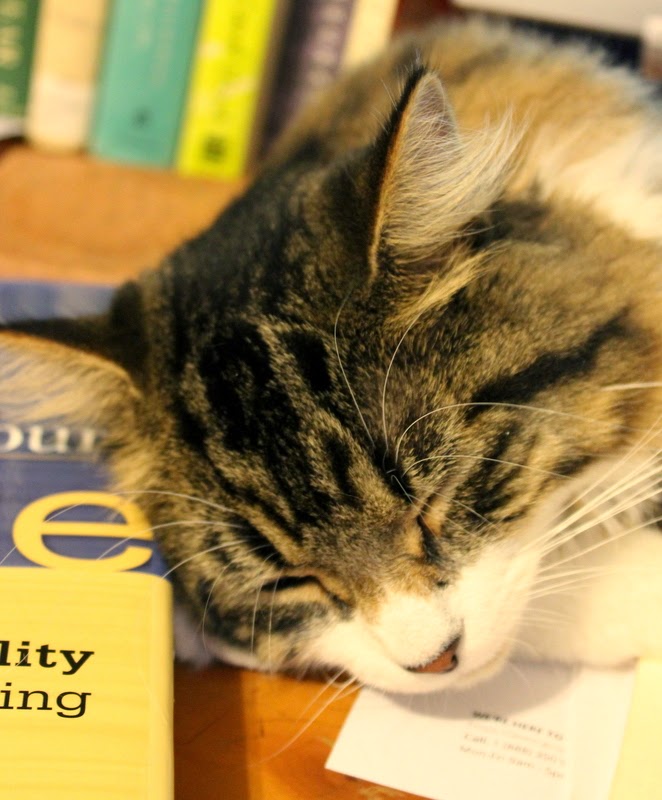 |
| Photo courtesy Bill Davenport |
Introduction by Ted Kooser: The Impressionists, on
both sides of the Atlantic, gave us a number of handsome paintings of rural scenes, and here’s a poem by the
distinguished American poet, Catharine Savage Brosman, that offers us just such
a picture, not in pigments but in words.
Cattle Fording Tarryall Creek
With measured pace, they move in single file,
dark hides, white faces, plodding through low grass,
then walk into the water, cattle-style,
indifferent to the matter where they pass.
The stream is high, the current swift—good rain,
late snow-melt, cold. Immerging to the flank,
the beasts proceed, a queue, a bovine chain,
impassive, stepping to the farther bank—
continuing their march, as if by word,
down valley to fresh pasture. The elect,
and stragglers, join, and recompose the herd,
both multiple and single, to perfect
impressions of an animated scene,
the creek’s meanders, milling cows, and sun.
Well cooled, the cattle graze knee-deep in green.
We leave them to their feed, this painting done.
American Life in Poetry is made possible by The Poetry
Foundation www.poetryfoundation.org), publisher of Poetry magazine. It is also
supported by the Department of English at the University of Nebraska, Lincoln. Poem copyright ©2014 by
Catharine Savage Brosman, whose most recent book of poems is On the North
Slope, Mercer University Press, 2012. Poem reprinted by permission of Catharine
Savage Brosman. Introduction copyright 2014 by The Poetry Foundation. The
introduction’s author, Ted Kooser, served as United States Poet Laureate
Consultant in Poetry to the Library of Congress from 2004-2006.















